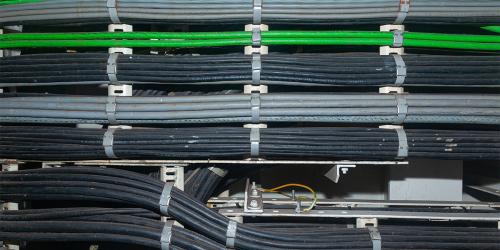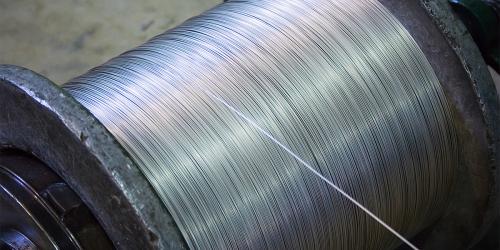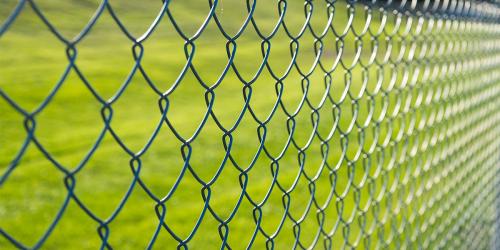A lush, green garden is the dream for many homeowners; however, pests and small animals can often turn that dream into a nightmare. With the rise in gardening enthusiasts, the demand for effective pest control has surged. One solution that has become a popular pest deterrent is chicken wire, a versatile and durable choice that can keep unwelcomed guests away from cherished plants, vegetable patches, and flourished trees.
As specialists in chicken wire and stainless steel products, we have written this comprehensive guide on how you can use chicken wire to control pests in your garden!
Why Choose Chicken Wire?
Chicken wire, with its distinctive hexagonal design, is not only for keeping poultry in place. Its construction is ideal for deterring a wide range of garden pests, from rabbits and rodents to larger intruders like foxes. The reasons to choose chicken wire mesh are:
- Durability: resistant to rust and wear, it ensures longevity.
- Flexibility: malleable and easy to shape, it fits different garden contours.
- Affordability: compared to other fencing materials, chicken wire is one of the most cost-effective.
Installation Techniques
Getting the most out of chicken wire for pest control requires careful installation. Here are a few tips and tricks to ensure your chicken wire is effective.
Determine the location
Chicken wire is an incredibly versatile product and can be used in different areas of your garden to prevent pests. You can wrap chicken wire around trees to stop animals from gnawing the bark, makeshift cages can be installed over vegetable patches and growing fruit trees, and they can also be hidden under soil to protect bulbs and seeds.
Acquire the right tools and protective wear
When installing chicken wire, it is important to use appropriate tools and protective gear, to ensure it is fitted properly and safely. The edges of chicken wire can become very sharp when cut, so it is important to wear heavy-duty gloves that will protect you from cuts and scratches. Additionally, when cutting, minuscule pieces of wire can flick up into the air, so we recommend wearing goggles or safety glasses as an extra precaution.
Attaching the wire
Due to its flexibility, chicken wire can be shaped to fit around all sorts of objects and plants. However, to keep it in place, you may need to purchase other materials. If you are creating a cage to protect plants and vegetables, you will need to install sturdy wooden or metal posts to attach the mesh. You can secure the chicken mesh with heavy-duty staples or wire ties, which should keep it in place.
Find the correct height and depth
Based on the pests you're deterring; you will need to adjust the height of the chicken wire if you are creating a fence. For instance, a height of 90-120 cm should deter most rabbits but if you are keeping out foxes, it might need to be taller. Remember, burying the mesh at least 20-30 cm into the ground can also help to prevent burrowing animals.
Best Practices for Optimised Protection
- Double layer for smaller pests: if smaller pests are a concern, consider a double layer of mesh or use a finer mesh in conjunction with standard chicken wire.
- Check regularly for wear: though durable, any barrier can experience wear and tear. Regularly inspect for holes or damage and repair promptly.
- Add a top net: if birds are a concern, use chicken wire or bird netting as a canopy over fruit and vegetable patches.
- Secure access points: if your garden has a gate or entrance, ensure it’s as secure as the fence itself. Pests are crafty and will exploit any weak point.
Chicken wire offers an effective and eco-friendly solution for keeping pests out of your garden. By choosing the right type, installing it correctly, and following best practices, you can ensure a thriving, undisturbed garden! Dive into our range today and give your garden the protection it deserves. We offer both stainless steel and galvanised chicken wire on our website, so you can choose the most suitable product for your gardening needs. If you require additional assistance, please don’t hesitate to contact us on 03330 117818 and a member of our team will be happy to help.






